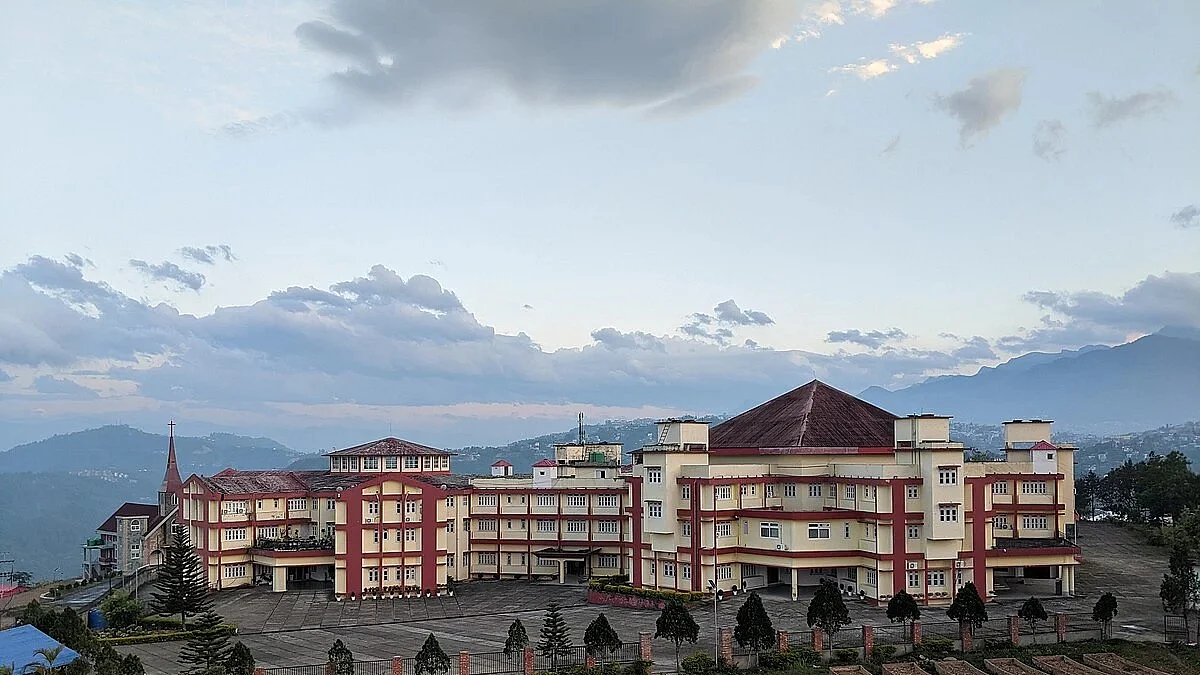Nagaland panel to review 1977 reservation policy amid ultimatum by 5 tribes
The protesting groups contend that the existing policy no longer reflects the socio-economic, educational realities of Nagaland

The Nagaland government has constituted a commission to examine the state’s decades-old reservation policy, a move that follows mounting pressure from tribal organisations calling for a comprehensive review.
According to an official notification issued on Monday, the state formed the panel just two days after the Core Committee on Reservation Policy (CoRRP) — representing five major Naga tribes — issued a 10-day ultimatum to address their longstanding concerns.
The protesting groups contend that the existing policy, which has been in place since 1977, no longer reflects the present socio-economic and educational realities of Nagaland’s diverse communities.
The commission, chaired by retired bureaucrat R. Ramakrishnan, has been tasked with reviewing the reservation policy in the government sector and recommending a more equitable framework for tribal representation, the notification stated.
The five-member body includes senior officials from the home, law and justice, higher and technical education, and personnel and administrative Reforms departments.
The panel’s terms of reference are wide-ranging — from examining constitutional and legal provisions on reservation to assessing economic and educational indicators. It will also review the current policy’s effectiveness and consult a broad spectrum of stakeholders including apex tribal bodies, student unions, and government employee associations.
As per the notification, the commission will also propose criteria to define backwardness, suggest distribution mechanisms for quotas, develop monitoring frameworks, and recommend timelines for implementation. It is expected to submit its report within six months.
On 20 September, CoRRP, which comprises the Ao, Angami, Lotha, Rengma, and Sumi tribes, set a 10-day deadline for the government to act, warning of a total shutdown in eight districts from 1 October if their demands are not addressed. These districts include Kohima, Dimapur, Mokokchung, Wokha, Niuland, Chumoukedima, Tseminyu, and Zunheboto.
The group has been campaigning for a full review of the reservation system, which initially granted 25 per cent quota in non-technical and non-gazetted posts to seven tribes, labelled ‘backward’ based on limited access to education, economic opportunities, and government employment.
Over the decades, the quota has risen to 37 per cent — with 25 per cent reserved for seven Eastern Nagaland Backward Tribes, and an additional 12 per cent for four other backward tribes in the state.
Since April, CoRRP has staged a series of protests and has declared non-cooperation with the state government. The group notably boycotted this year’s Independence Day celebrations in a symbolic act of dissent.
Follow us on: Facebook, Twitter, Google News, Instagram
Join our official telegram channel (@nationalherald) and stay updated with the latest headlines
